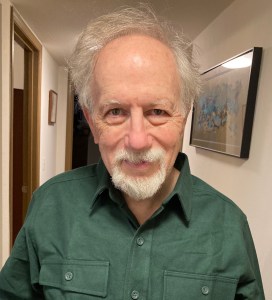Just as the Prometheus Awards overlaps to some extent with the Hugo and Nebula wards in terms of the works and writers recognized, our list of Prometheus-winning writers overlaps with the Forry Awards.
C.J. Cherryh, who co-wrote the 2020 Prometheus Best Novel winner (Alliance Rising) with her partner Jane S. Fancher, is the 13th Prometheus winner to also be recognized in the Forry awards.

Cherryh recently won the 2025 Forrest J Ackerman Award for Lifetime Achievement given by the members of the Los Angeles Science Fantasy Society. (See our previous post about Cherryh’s latest honor.)
It’s interesting to see what writers have been recognized by both the LASFS, the world’s oldest continuously active science fiction and fantasy club, and the Libertarian Futurist Society (LFS), established in 1982 to sustain the Prometheus Awards.
Such broad cross-recognition should be another reminder of just how embedded libertarian and anti-authoritarian ideas and values are within our popular culture – and have been, for generations, even amid various socio-economic developments and political trends, both positive and negative.
So if Cherryh is the 13th Prometheus winner to be recognized with a Forry award, who else is on that illustrious cross-checked list?










